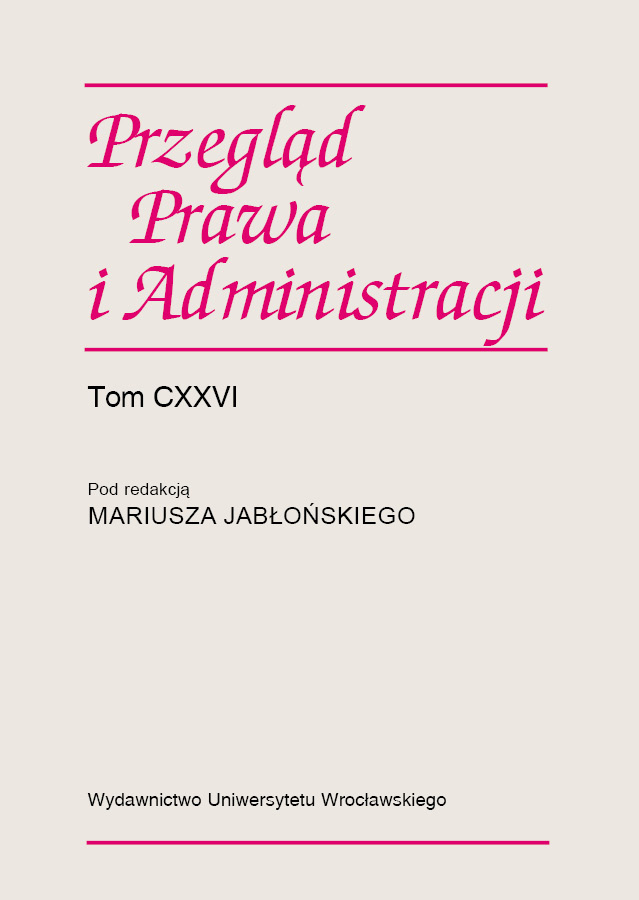

Articles

The article focuses on the 116th Novel of Justinian On Soldiers, originating from 542 A.D. By the said novel, the emperor banned keeping soldiers in private estates. Each person who did not send the soldiers off to their military unit and kept employing them for their private purposes after the time of 30 days following the promulgation of the novel, was to face confiscation of their property and deprivation of offices. Soldiers, who were found to be still staying in private estates of the nobles after the aforementioned period of time, were not only to be deprived of military ranks, but also sentenced to death. The article begins with an introduction, within which the Author presents a brief overview of a history of interdictions of keeping private armies in Roman law. In the following part, a Greek version of the Novel as well as its Polish translation are presented and thoroughly analyzed. The study also includes examination of possible reasons of the introduction of the novel. Moreover, the Author focuses on an analysis of various accounts, originating from different sources (including Egyptian papyri), further validating the phenomenon of illegal employment of private armies, consisting of soldiers formally staying in public service, as present in 6th century A.D.